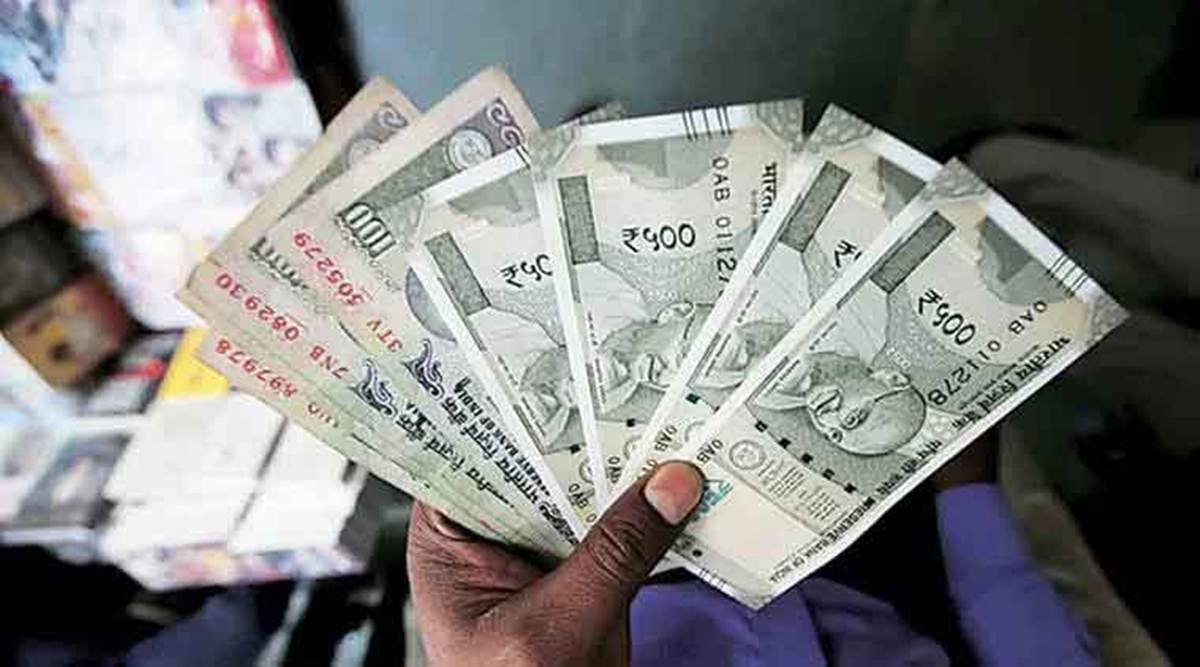 The court was hearing a plea seeking a waiver on interest levied on term loans during the six-month (March-August) moratorium on repayment allowed by the central bank.
The court was hearing a plea seeking a waiver on interest levied on term loans during the six-month (March-August) moratorium on repayment allowed by the central bank.Taking note of the concerns of borrowers, the Supreme Court on Thursday directed that accounts that were not declared Non Performing Assets (NPAs) until August 31, shall not be declared so until further orders.
A Bench of Justices Ashok Bhushan, R Subhash Reddy and M R Shah took on record the submission made by Senior Advocate Harish Salve, appearing for the Indian Banks Association, that accounts would not become NPAs for at least two months.
“In view of (this),” the Bench said in its order, “the accounts which were not declared NPA till 31.08.2020 shall not be declared NPA till further orders”.
The court adjourned the hearing to September 10 to allow Solicitor General Tushar Mehta to take instructions and let it know what other steps the government and Reserve Bank of India intended to take to address the issues faced by borrowers in various sectors on account of the Covid-19 situation.
The court was hearing a plea seeking a waiver on interest levied on term loans during the six-month (March-August) moratorium on repayment allowed by the central bank.
The Finance Ministry has told the court that a waiver would not be sound economic policy, and that a more durable long-term solution of debt restructuring would be the best for both borrowers and the economic health of the country.
The government has also said that since borrowers come from multiple categories and sub-categories, with their specific problems, there cannot be a ‘one size fits all’ solution, and that the RBI had decided that banks should take various measures to provide relief.
However, the Bench said on Thursday that the RBI could not allow banks to take all decisions. “But everything cannot be left up to individual banks,” Justice Reddy observed.
Counsel for petitioners argued that allowing banks to charge interest on interest would lead to a situation in which the borrower will end up paying a “compounded interest”.
Justice Reddy agreed: “Moratorium and penal interest cannot go together. RBI will have to clarify.”
S-G Mehta said that although the pandemic had impacted everyone, the situation faced by each sector was different, and some, like pharma, had gained. He cautioned that while those who were facing distress should get benefit, defaulters must not be allowed to take advantage.
He allayed apprehensions that accounts would be automatically declared NPA in case of default after August 31. Although an account normally becomes NPA if payment is not made for 90 days, the moratorium period is excluded given the current situation, he submitted.
The S-G said the government had taken measures for the revival of various sectors in tandem with the RBI. An expert committee constituted by the government would come up with sector-specific guidelines on September 6, he said.
Salve said banks may draw up with their resolution plans, and that certain sectors like power could evolve their own norms. The common man’s problems were different from those of corporates, and needed to be addressed differently, he submitted.
If the kind of borrowers and the type of borrowing is identified, then specified relief can be provided, Salve said.